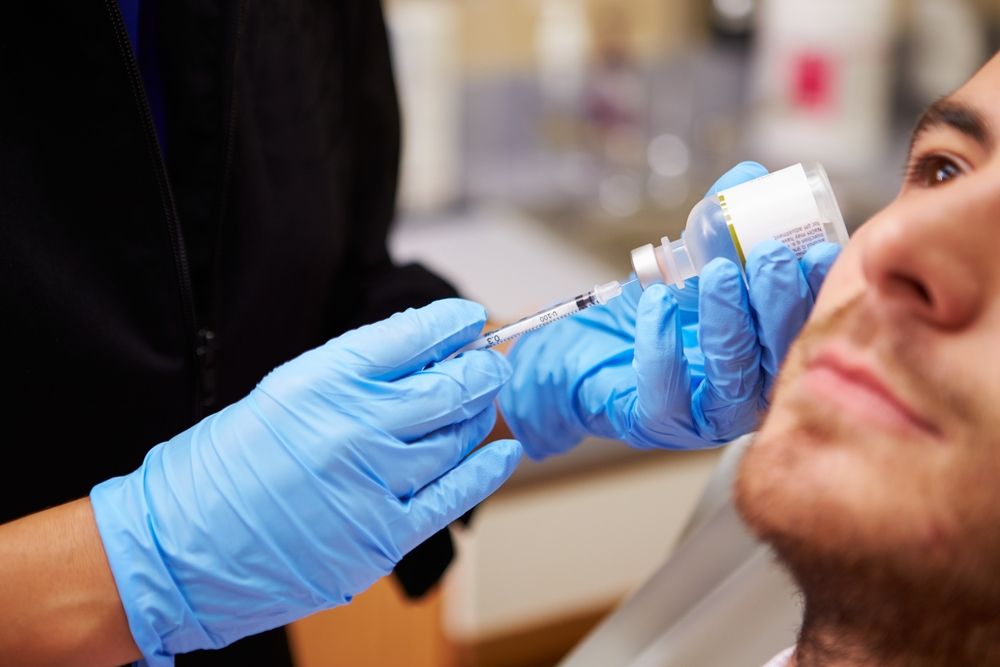
News
Superdrug to offer in-store Botox and filler treatments
Superdrug has announced it will offer in-store Botox and dermal fillers to customers over the age of 25.
As of this week, the beauty and health retailer – which has around 800 stores across the UK – is reported to be trialling a Skin Renew Service that will allow people over the age of 25 to book an appointment at its flagship store on the Strand. If the trial is successful, Superdrug will roll out the Skin Renew Service nationwide.
According to the company, it has introduced the service “following feedback from 10,000 customers who said they wanted anti-wrinkle and skin rejuvenation on the high street.” The growing demand for cosmetic procedures such as those that use fillers was explored earlier this month in a Nuffield Council blog that highlighted their surge in popularity following the TV show ‘Love Island’ – which is sponsored by Superdrug. The blog raised concerns about the normalisation of these procedures, and the way they are being widely promoted as a quick fix for concerns about body image.
Customers who use the Superdrug service will undergo a medical assessment conducted by nurse practitioners, before Botox or fillers are administered in a private consultation room.
A 2017 report by the Nuffield Council on Bioethics highlighted the importance of empowering users to make informed choices about cosmetic procedures, recognising that these procedures are not trivial and carry inherent risks, even though they are often marketed as fashion or lifestyle choices. It also called for much better regulation both of practitioners offering procedures, and of the products used – at present, no qualifications are required to administer fillers, and there are no statutory controls over the content of the product used. Potential users need to be confident that they are being treated by a qualified practitioner, have access to evidence-based information about the procedures, and be given the opportunity to consult with a practitioner in an unpressured environment.
Superdrug’s indication that it will provide medical assessments prior to treatment is therefore welcome news. However, during assessments, it’s essential that the practitioner considers the best interests of the user, and takes time to understand their needs, experiences, and motivations. Practitioners should not hesitate to ask what the user hopes to achieve in getting the procedure, and in turn, be upfront about the evidence as to how likely these aims will be achieved. At present the evidence base, particularly with respect to psychological outcome measures for many cosmetic procedures, but also for physical effects, is very sparse.
Katharine Wright, Assistant Director at the Nuffield Council, said:
“Superdrug, and all providers of invasive cosmetic procedures, have a responsibility to maintain high ethical standards in their practice. Superdrug could take a lead by ensuring that they market these services responsibility, and ensure that their nurse practitioners are signed up to the new voluntary register of the Joint Council for Cosmetic Practitioners (JCCP). This not only confirms that practitioners have appropriate qualifications, but also requires them to adhere to a strict code of practice.
Superdrug could also use its size and reach to contribute valuable research data in this area – helping add to the evidence base and empower potential users in the future.”
For further reading see our report.



Share